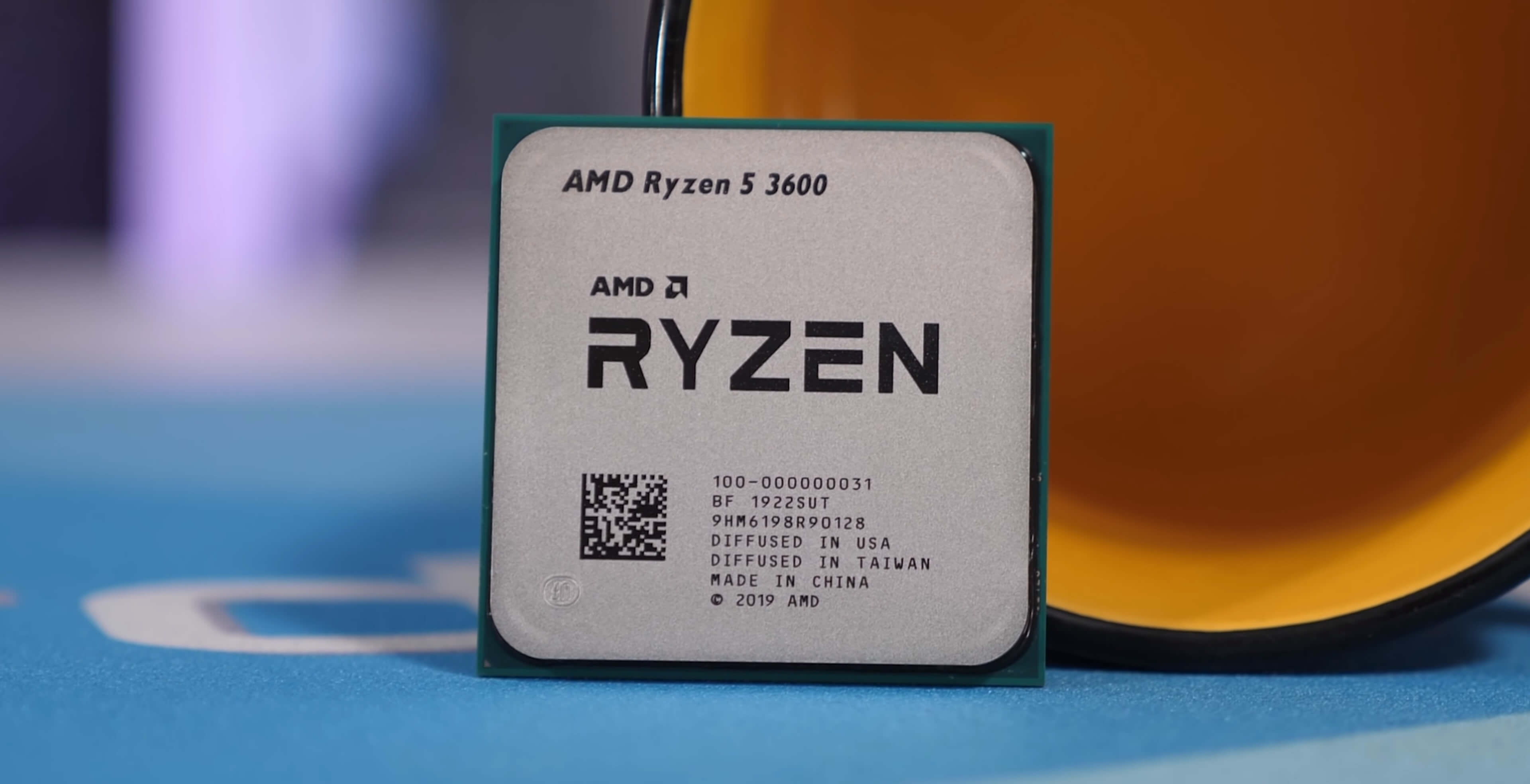Evernessince
Posts: 5,469 +6,160
I can't believe I just read someone say. Intel is throwing efficiency out the window. After all these years of supporting AMD and their core counts. Intel doesn't currently have anything even remotely close to the crap Bulldozer was. And talking about core count, last I looked AMD still has a higher core count in order to compete.
The 3950X has DOUBLE the core count and uses LESS power then the 9900K. If you consider power efficiency, core count, performance, and platform (double the PCIe bandwidth, native gen4 lanes from the CPU, USB 3.2, ect) as factors then yeah I'd say Intel is essentially at bulldozer levels. If this is what Intel has going up against AMD's 4000 series, it will certainly be bulldozer levels when that comes out. What will it be at that point? Performance isn't the only metric by which to measure a processor, Intel is behind in several dimensions.
FYI the 3950X beats the 9900K in single threaded IPC tests like CINEBENCH that aren't gaming related. You should know that being a frequent reader of techspot. Intel's only advantage is a tiny sliver in gaming, everywhere else it looses and often times by a wide margin.

